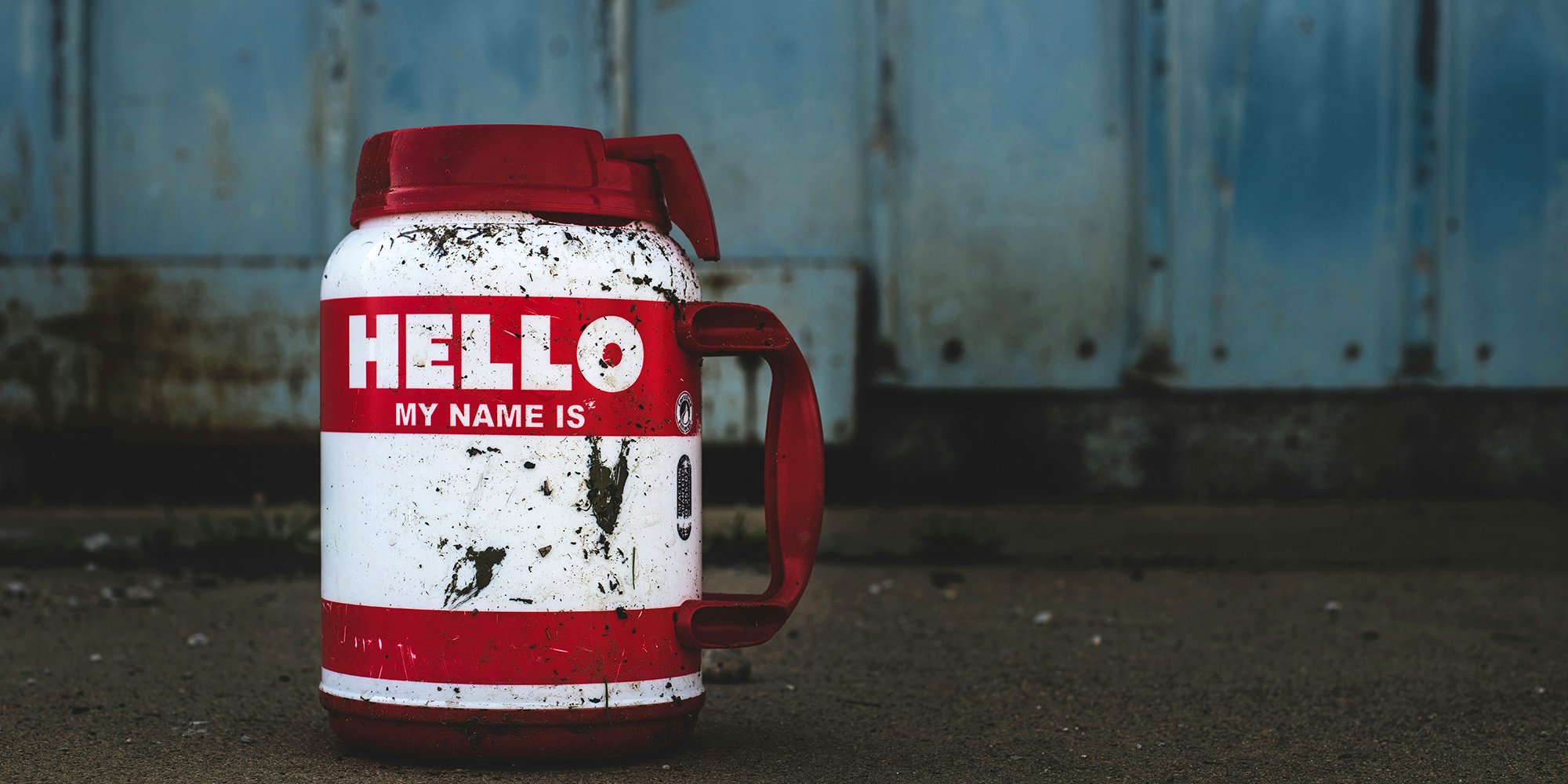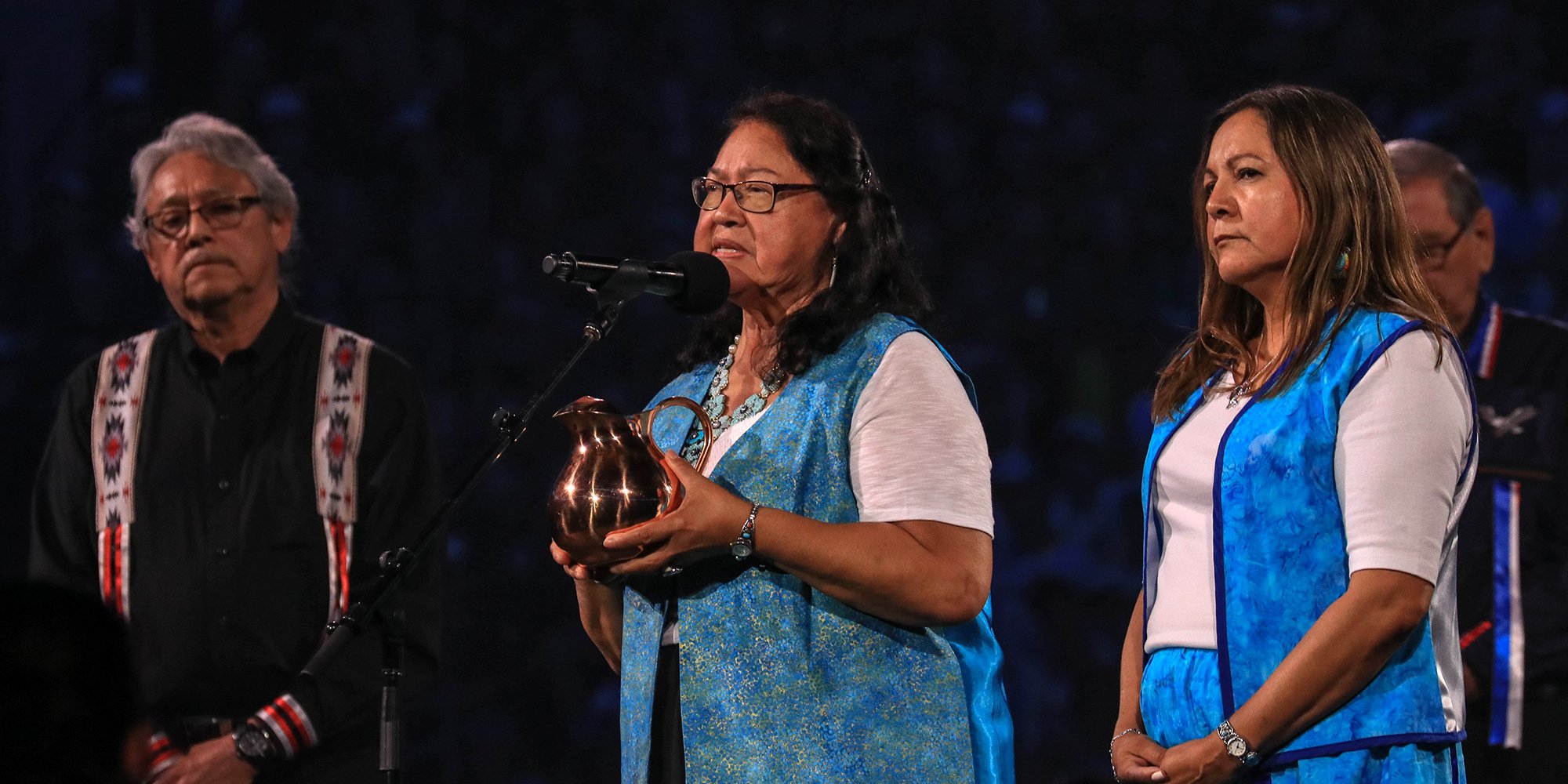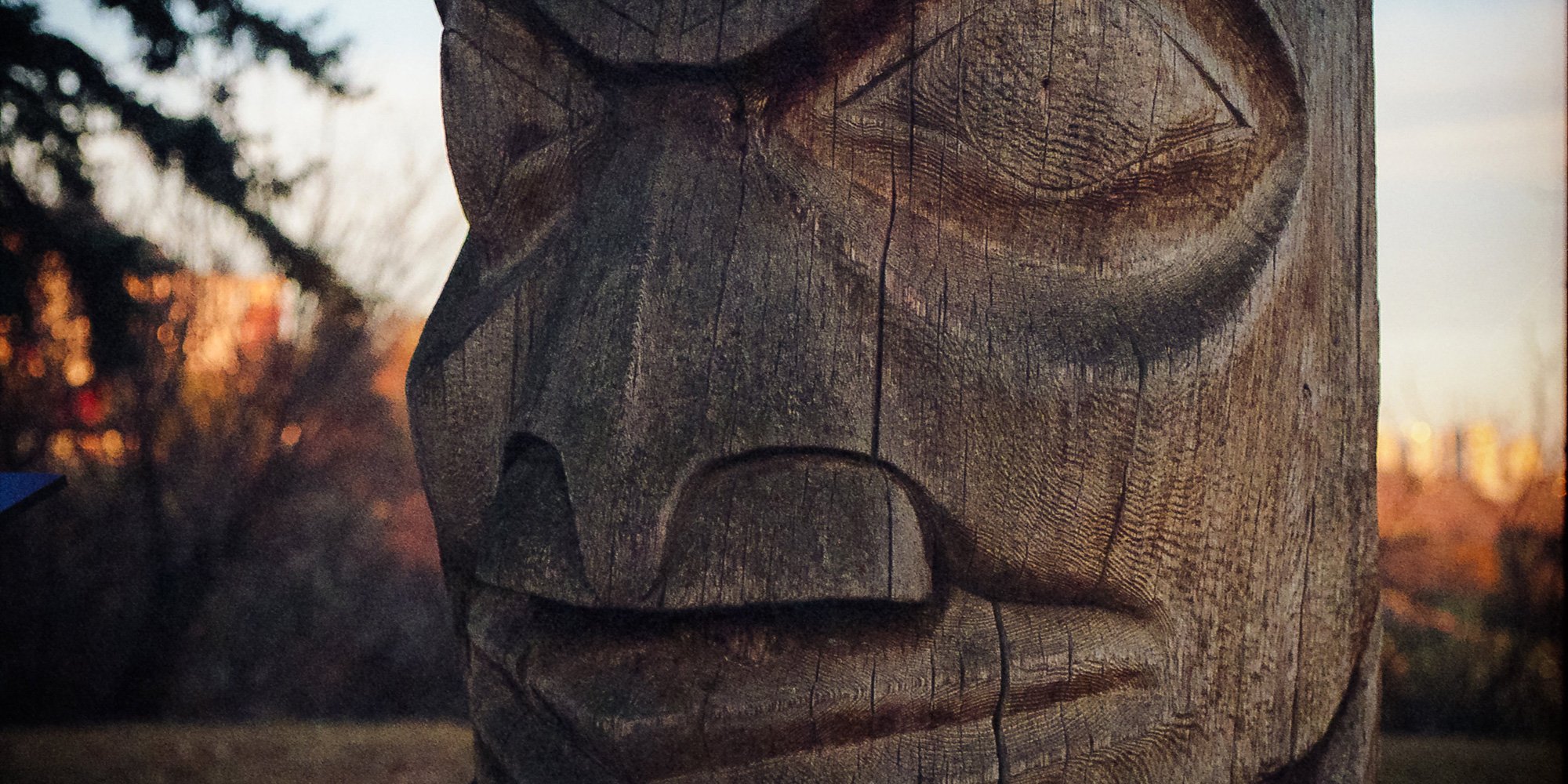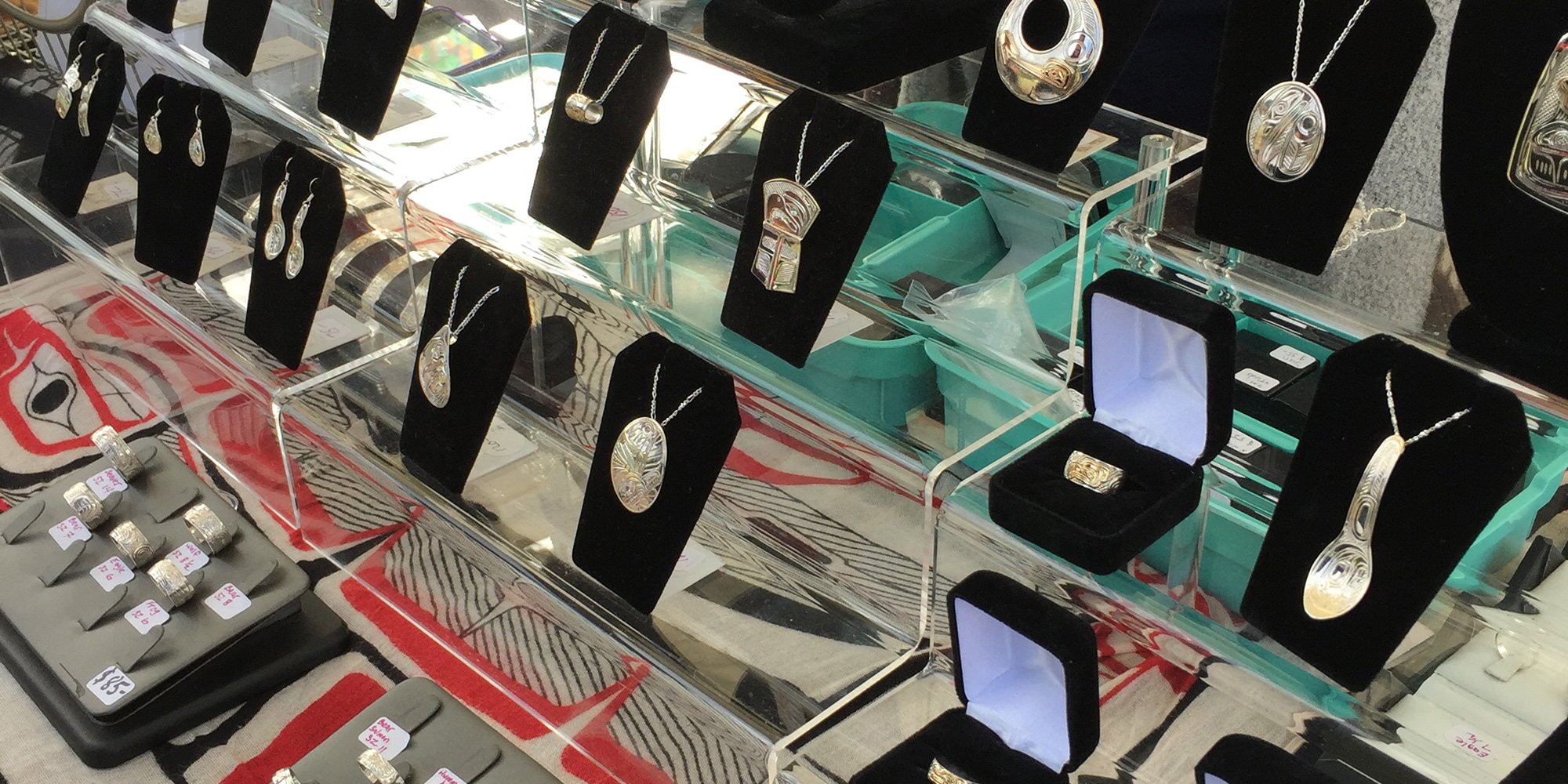First Nation Elder Protocol
The following First Nation Elder protocol question popped up in our inbox and we are really grateful for the opportunity to respond. We appreciate...

According to Merriam-Webster, protocol is “a system of rules that explain the correct conduct and procedures to be followed in formal situations.” When communicating with a chief and council of a First Nation, it is important to put it in perspective - you are in a formal situation - you are communicating with the head of a nation or one of many heads of the nation. Indigenous protocols differ from nation to nation, so you need to learn the protocols in advance of a meeting and respect those protocols during all interactions.
One aspect of protocol that has recently been brought to our attention as an area of angst is how to incorporate ancestral or spiritual names into communications.
Do you use the ancestral or spiritual name first or the “traditional” name (and by traditional in this usage we mean the “common” name)?
It is always a good idea to do some research as each person may have a different way of incorporating the two (or more) names. Sometimes the ancestral or spiritual name is carried first, sometimes in the middle and sometimes at the end.
Or, are you supposed to only use the ancestral or spiritual name?
Again, the value of research cannot be overstated. Look on the internet for references to that person’s name. Contact the community and ask for guidelines. You will never be judged harshly for seeking the correct protocol. It’s a pretty safe bet, however, that you will, be judged harshly for not respecting protocol.
Is it appropriate to ask the meaning of the ancestral or spiritual name?
As your personal relationship grows, you can begin to delve into the “getting to know you” phase. Indigenous Peoples tend to be relationship-focused, and I don’t think it will hurt to express your curiosity about the meaning of ancestral and spiritual names. It is possible to uncover the meaning of prominent leaders’ names through research.
How do you learn the correct pronunciation?
If the person you are working with provides you with their traditional name be sure to practice it with them as many times as it takes to be comfortable using it. Don’t just try once or twice and give up. Try many times and make the extra effort to get it right. Sometimes people ask me, “Do I get credit for trying?” No, you get demerits for trying and failing. Close is not good enough - you have to do everything within your power to get it right. For more on this, please read "Why should you learn to pronounce Indigenous names."
I inherited a chief’s seat in the Gayaxala (Thunderbird) clan, the first clan of the Gwawa’enuxw, one of the 18 tribes that make up the Kwakwaka'wakw. My chief name is K’axwsumala’galis, which, loosely translated, means "whale who emerges itself from the water and presents itself to the world." To make life easier for those who introduce me at the beginning of training sessions, or public speaking events, I created the little pronunciation doodles.
If you call the band office and explain your need to learn how to pronounce a name, it is quite likely they will connect you with someone, perhaps an Elder, who can give you elocution lessons.
On our wishlist of objectives we want to meet with this blog/newsletter is the goal to ease the angst that many non-Indigenous people experience in their relationships with First Nation, Inuit and Métis people and communities. By providing snapshots of acceptable and respectful ways in which to address various aspects of protocol that can be stumbling blocks, we hope we are meeting that goal.
If you found this interesting, or if you have more questions, consider taking our training.
Featured photo: Unsplash

The following First Nation Elder protocol question popped up in our inbox and we are really grateful for the opportunity to respond. We appreciate...

“Which is correct? Indigenous or Aboriginal” is a frequently asked question for us at Indigenous Corporate Training Inc. The federal government’s...

This article goes out to all the people who organize events that include Indigenous speakers and we thank one of our readers for suggesting we write...